#books on film
Text
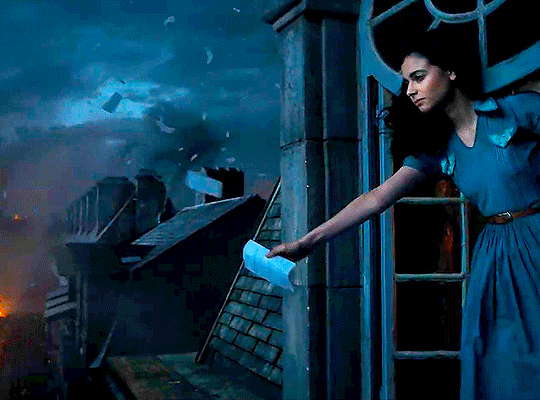

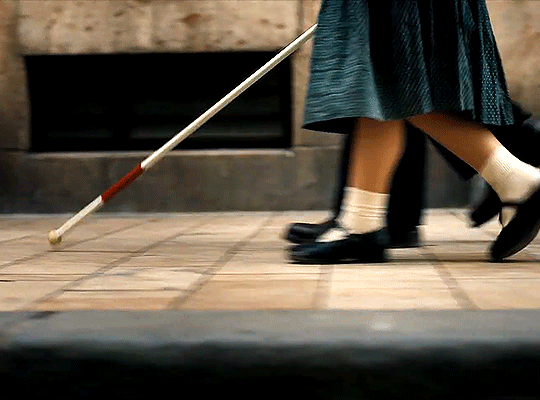
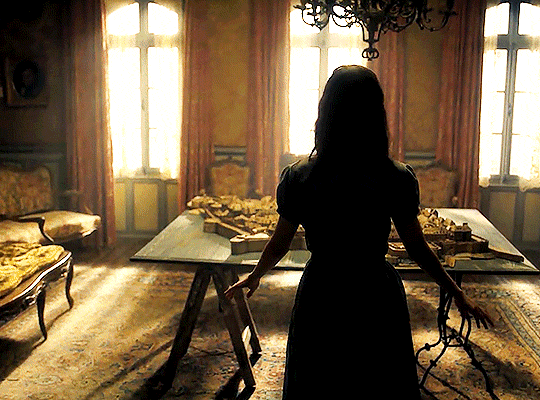

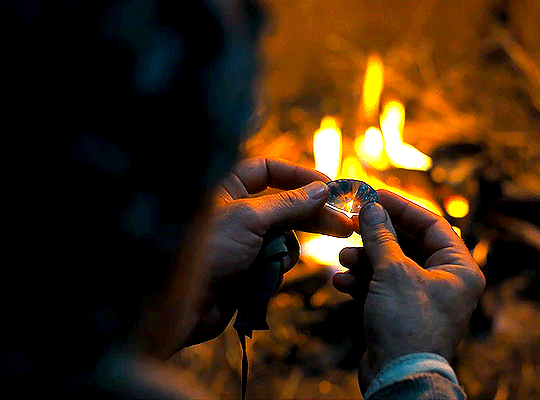
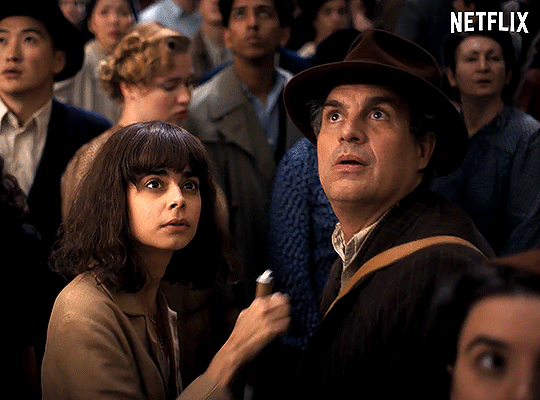
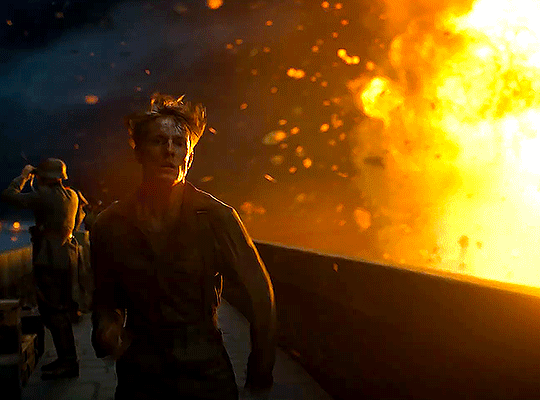
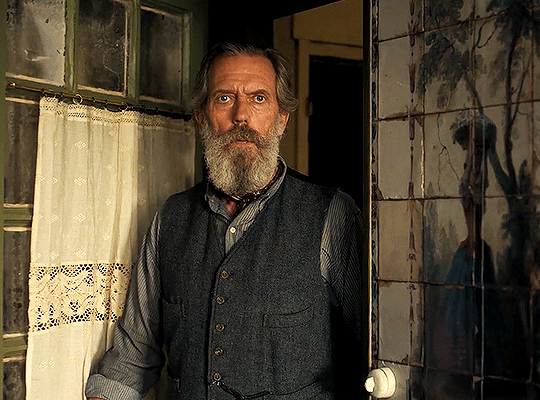
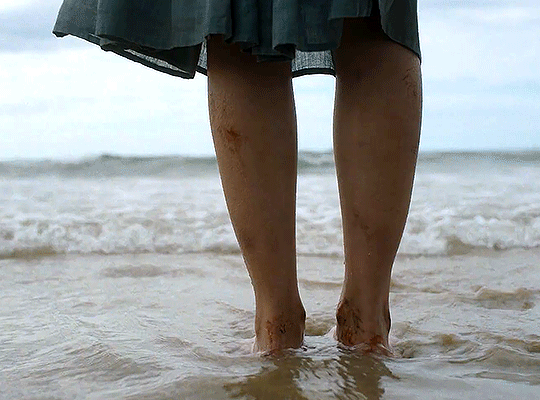
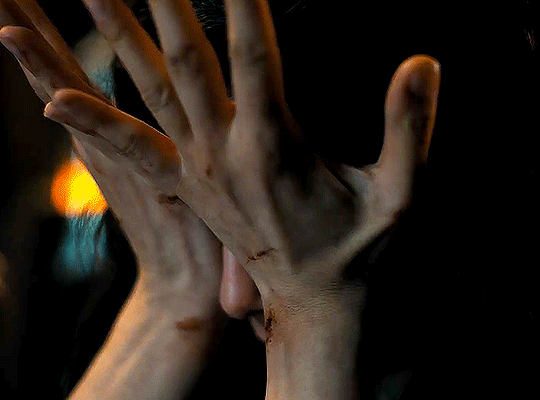
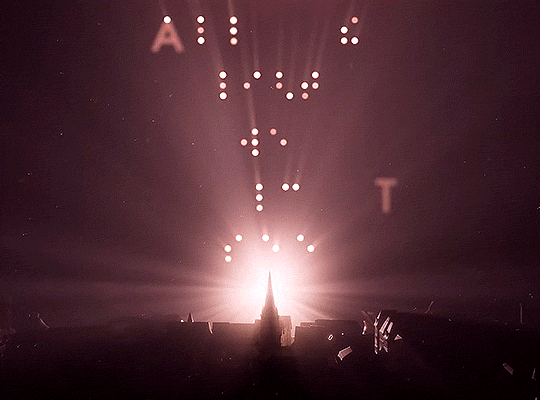
ALL THE LIGHT WE CANNOT SEE
based on the novel by Anthony Doerr
November 2, 2023 | Netflix
#all the light we cannot see#netflix#limited series#tvedit#gifs#edit#aria mia loberti#louis hofmann#mark ruffalo#hugh laurie#anthony doerr#books on film#filmtvedit#tvfilmedit#tw: fire#tw: war#tw: explosion#tw: bombing#tw: blood#mine#yes i resorted to making my own gifset when i couldn't find one#this looks like a great adaptation#q
148 notes
·
View notes
Text
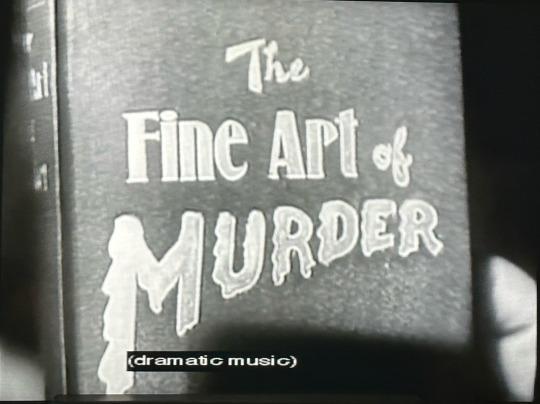
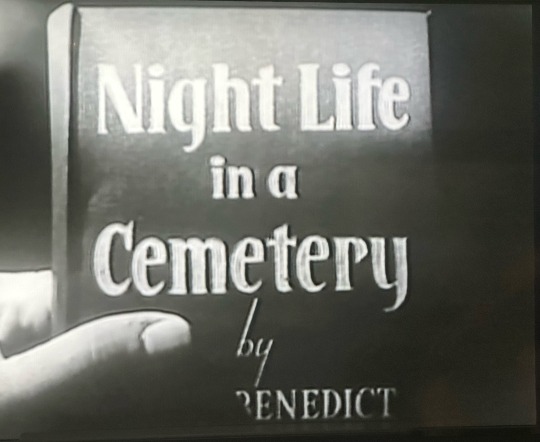
Books on Film: The Fine Art of Murder and Night Life in a Cemetery in Murder by Invitation (1941)
34 notes
·
View notes
Photo
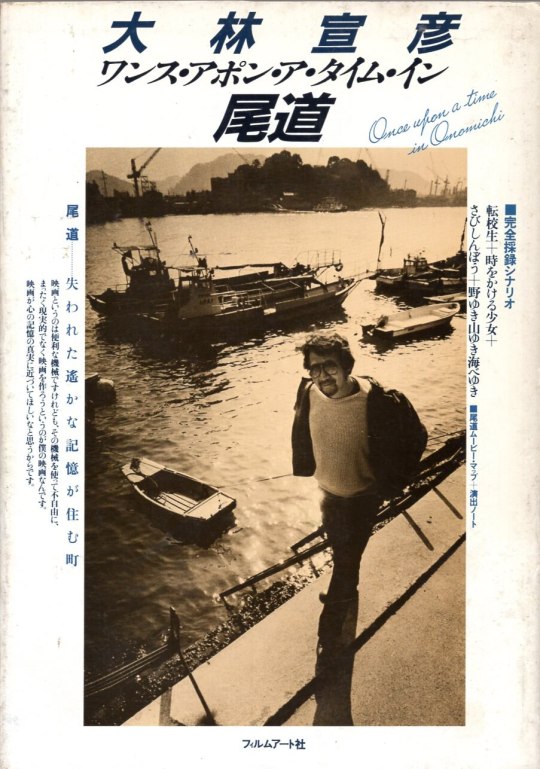
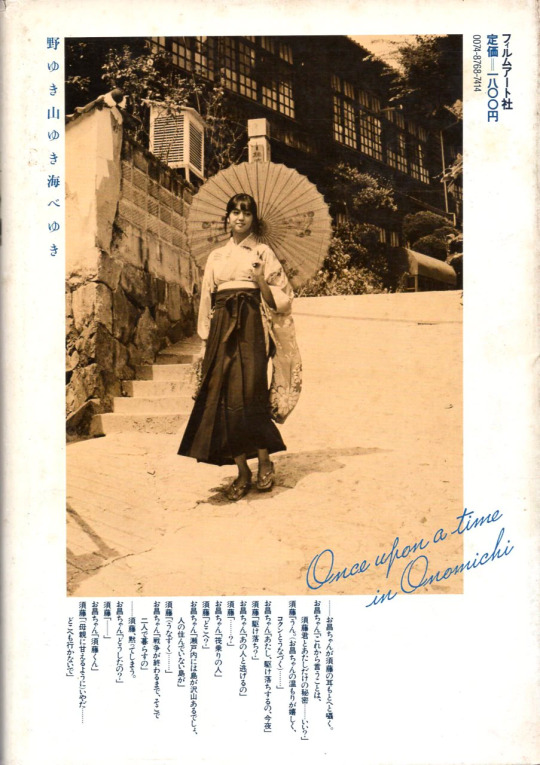
#Nobuhiko Obayashi#Nobuhiko Ōbayashi#大林 宣彦#大林宣彦#japanese directors#japanese cinema#japan#japanese film#japanese movies#film director#japanese books#world cinema#cinema#books on film#books#japan film club
14 notes
·
View notes
Text
Won't be watching the Netflix Persuasion but will be devouring the snark about it, thank you all ♥️
3 notes
·
View notes
Text
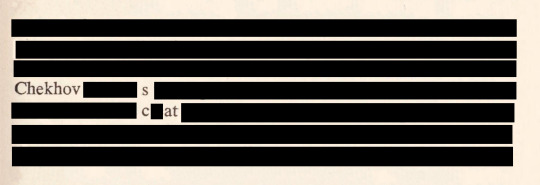
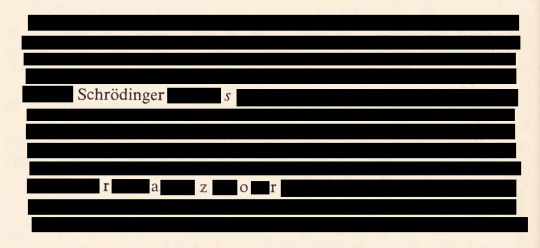
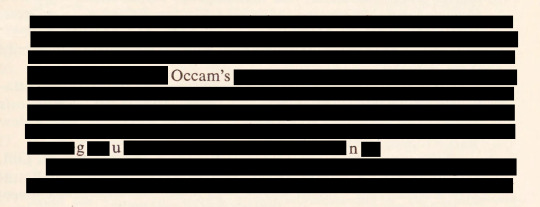
imagination (1963) - harold ordway rugg
"chekhovs cat / schrödingers razor / occams gun"
#chekhov#schrodinger#occam#the three genders#hope everyone has a good halloweekend#and a good hallowtuesday#watched the 1979 nosferatu#it was silly#feel free to recommend more german films#anyway#blackout poetry#blackout poem#author#book#poetry
58K notes
·
View notes
Text

Currently Reading
COCKTAILS WITH GEORGE AND MARTHA
Movies, Marriage, and the Making of Who's Afraid of Virginia Woolf?
Philip Gefter (2024)
#reading#books on film#Elizabeth Taylor#Richard Burton#Edward Albee#Mike Nichols#Sandy Dennis#George Segal#Philip Gefter#books on films#2024
1 note
·
View note
Text
recommending things to people like uhh yeah it's really fucking weird but well. i promise it's good. can i describe it? uhh. no
18K notes
·
View notes
Text

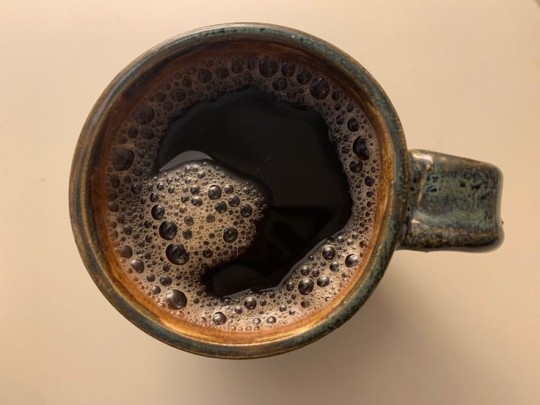
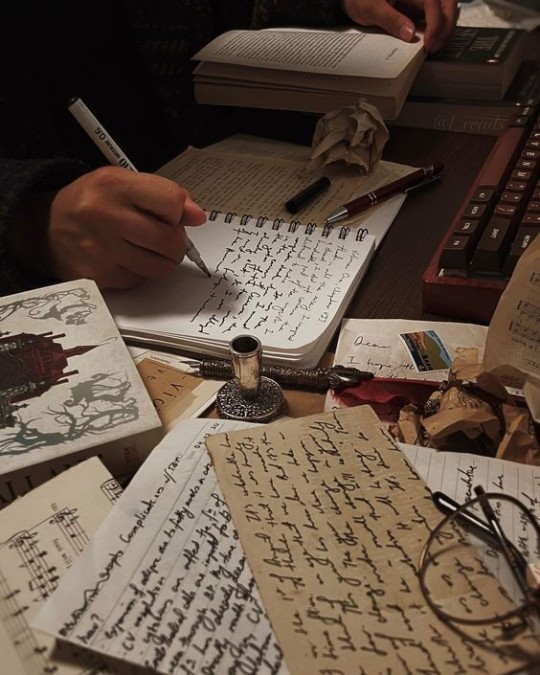
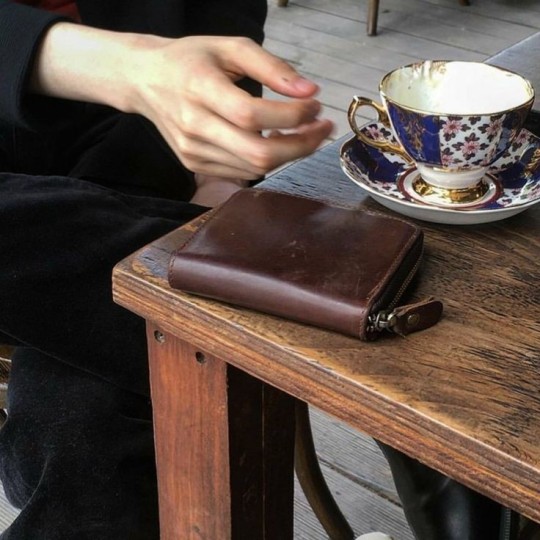
Neil said, "I was good. I was really good."
#aesthetic#dark academia#art#coffee#books#academia#college#light academia#studyblr#literature#Artist#Theatre#Love#Romance#Film#Acting#Actor#Neil Perry#dead poets society#Dead poets#John keating#Robin williams#peter weir#robert sean leonard#Ethan hawke#Todd anderson#Welton
10K notes
·
View notes
Text
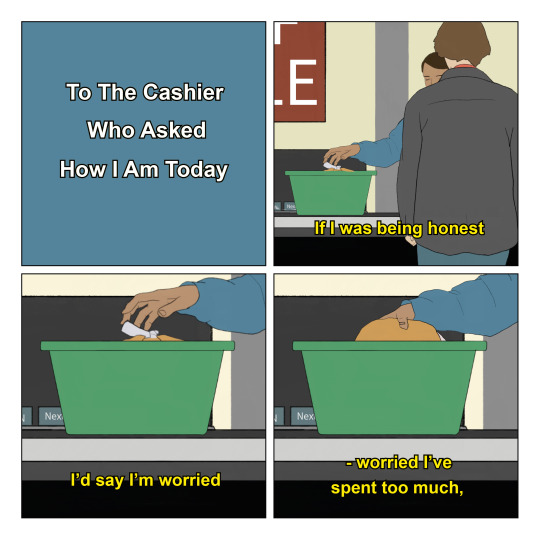

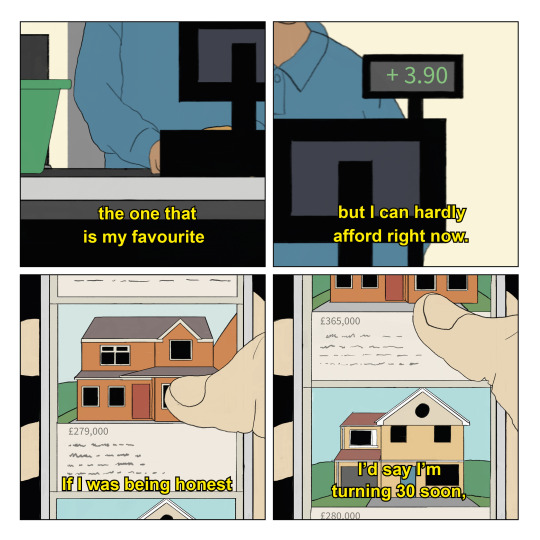
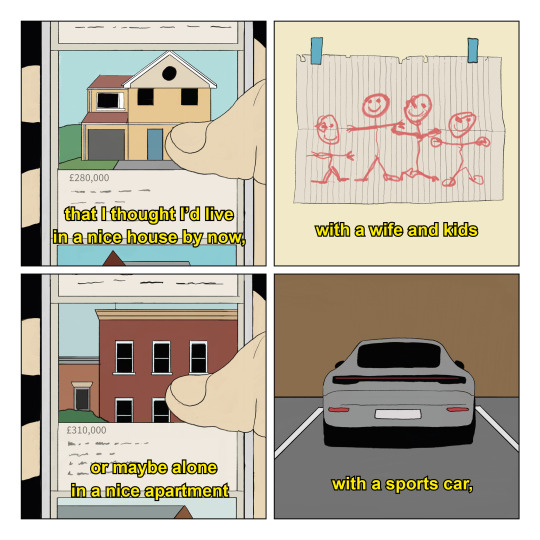
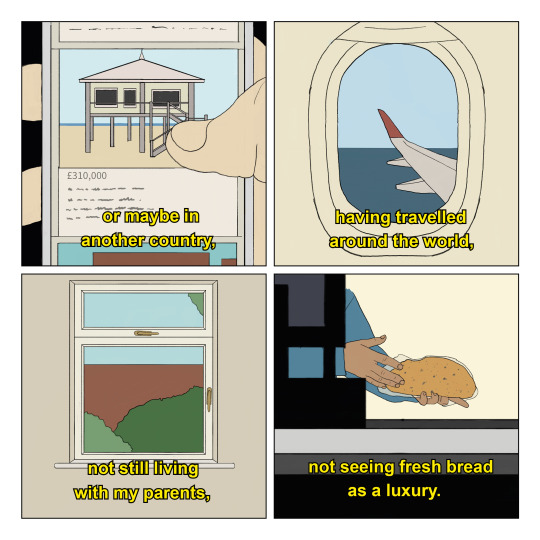
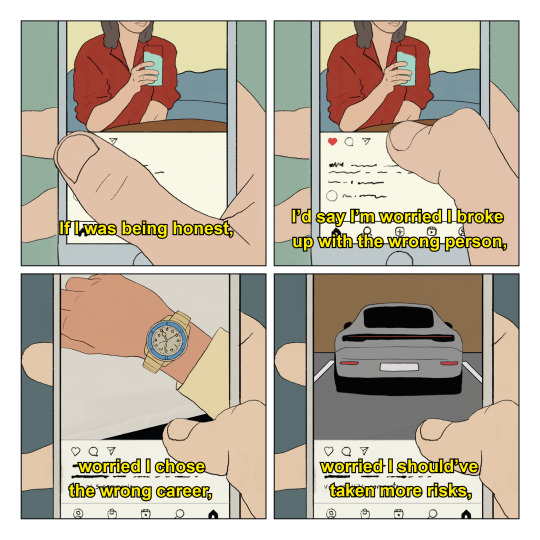
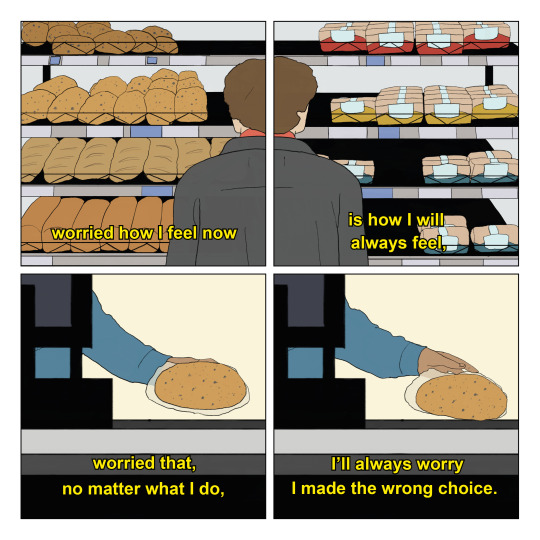
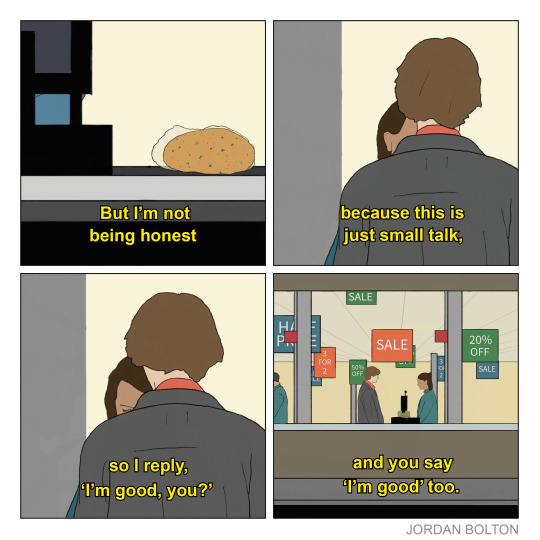
To The Cashier Who Asked How I Am Today - Jordan Bolton
My first book ‘Blue Sky Through the Window of a Moving Car’ is now available to pre-order! Get it here - https://smarturl.it/BlueSky
#jordan bolton#art#scenes from imagined films#illustration#graphic design#comic#comix#jordanbolton#comic book#poetry
2K notes
·
View notes
Text
Books on Film: Here’s the dramatic bookshelf-POV reveal of the book Unsolved Murders in the movie The Kennel Murder Case (1933)
In case you were wondering if this book has anything to do with the mysterious plot, then give yourself a gold star!
When detective Philo Vance (played by William Powell) tries to help the police solve a locked room mystery, he’s stumped at first.
Was it suicide or was it murder? And if it was murder, how did the murderer lock the door afterwards?
But later, Philo finds this same book in the bag of a man who’s gone missing …
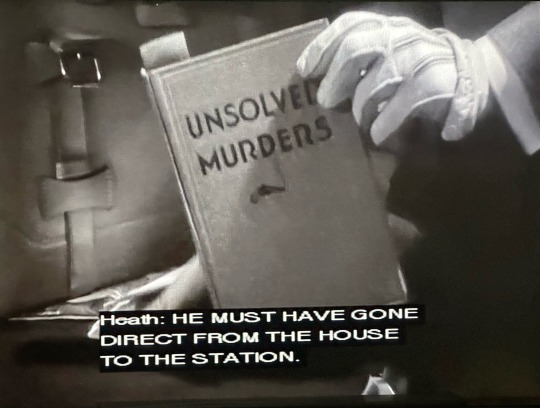
He flips through the book and finds a scenario that matches the mystery he’s been trying to solve!
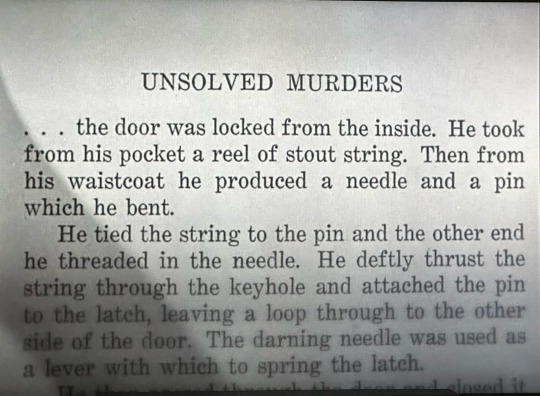
There’s a lot more that happens in this story, including romantic intrigue, more mysterious twists, and the canine antics of Philo’s super-cute dog Captain McCavish!
But this book is definitely one of the biggest keys that help to solve The Kennel Murder Case!

2 notes
·
View notes
Text
Watching the Red White and Royal Blue movie and god it is just so refreshing to have two adult men fall in love and have the stereotypically fairy tale romantic affair like a politically charged hallmark movie
Like absolutely nothing against teen queer coming of age stories, I adore them and they’re so important but it’s just so nice to have adults falling in love, adults with plans and motivations but still figuring things out a little, real actual adults with hobbies and passions and accomplishments, getting to just be queer and in love and they are the main characters within their own lives
And they’re in a rom-com, a full on rom-com with the cheesiness and the drama and the sweet, fluffy romance where everything is resolved in the end and it’s queer. It never shies away from the queerness, they make out, they have sex, they gaze lovingly into each other’s eyes, they make silly jokes and get to adore each other
It’s so refreshing, it’s so nice to have this type of story, this story for the adult queers, a comfort film like to Mamma Mia, that’s full of heart and enjoyment and fun, with queerness at the forefront
#red white and royal blue#rwrb film#rwrb#rwrb book#rwrb on prime#rwrb 2023#prince henry rwrb#rwrb alex#firstprince
8K notes
·
View notes
Text
Kind of wild how different Practical Magic the Book is from Practical Magic the Movie...
#one of the rare occasions i think i like the movie better actually!#but that may be bc i saw it first and have loved it since i was like 11 lol#practical magic#books on film#⭐
1 note
·
View note
Text

animal farm (1945) - george orwell
"womp womp"
#if saying womp womp is a disease#i am uncurable#i have to one up all the other people in my film classes lol#i am in a pretentious off every day#am very into german expressionism rn#and always#anyway#blackout poetry#blackout poem#author#book#poetry
9K notes
·
View notes
Text
Ok, time for a hot take.
It really bothers me that Rosie and Sam’s relationship is reduced and made so shallow in the films, with the implication that they’ve never even talked to each other, and Sam is pining for this girl he doesn’t really know….
Like …
… this actually misses the entire point of their relationship in the book.
In the book, Sam and Rosie grew up together. His warmest memories that bring him comfort in the darkest place are the memories of playing with her in the pool when they were kids.
The point of Tolkien’s Rosie is that she’s someone familiar to Sam, the face that comes into his mind when he thinks of home. He remembers an actual moment he spent with her, a moment of fun and bonding. Then when he comes home, it turns out she could somehow sense the moment the Ring was destroyed, and knew he was coming home. They have this special, deep bond that brings Sam a sense of comfort and stability.
She’s not supposed to be some distant, unknown figure that Sam has built up in his head but has never actually talked to or gotten to know. That’s literally the antithesis of Tolkien’s Rosie Cotton.
It’s like the films swap Sam’s initial relationships with Rosie and with Frodo. In the movies, he starts off more familiar and friendly with Frodo; they apparently go to the pub together frequently like typical buddies do, whereas Rosie is in another world, dancing and making drinks behind the bar, and Sam is just too unsure of himself to even make small talk with her.
But Tolkien’s portrait is the exact opposite. Rosie is the one who Sam spends a lot of time with and has known for a long while. Frodo is the one who Sam is distant from and doesn’t really have the nerve to make chit-chat with, because he is Frodo’s servant and thus he thinks it’s not his place to be too friendly with “his betters,” as his dad says. (And then the journey takes the two of them out of that restrictive class system and frees them to bond and get to know each other as people.)
Then when they come home, there’s an actual sense of coming home, because Rosie embodies everything that is familiar and safe for Sam. Not everything that is unknown and scary.
#lotr#jrr tolkien#lotr books#lord of the rings#lotr movies#lotr book vs film#sam x rosie#samwise gamgee#rosie cotton#frodo baggins
2K notes
·
View notes
Text
i hate you romantically involved characters who talk to each other like they’re in a couples counseling session, i hate you watering down of the word toxic, i hate you plot twists where the male love interest is actually a villain because see, silly girl? in the REAL world guys like that are DANGEROUS, i hate you relationship therapist breaks down movie couple’s relationship videos, i hate you “romeo and juliet were just stupid horny teenagers” “belle had stockholm syndrome” “wuthering heights isn’t romantic” hot takes, i hate you sanitization of romance in fiction
14K notes
·
View notes
Text
5 Tips for Creating Intimidating Antagonists
Antagonists, whether people, the world, an object, or something else are integral to giving your story stakes and enough conflict to challenge your character enough to change them. Today I’m just going to focus on people antagonists because they are the easiest to do this with!
1. Your antagonist is still a character
While sure, antagonists exist in the story to combat your MC and make their lives and quest difficult, they are still characters in the story—they are still people in the world.
Antagonists lacking in this humanity may land flat or uninteresting, and it’s more likely they’ll fall into trope territory.
You should treat your antagonists like any other character. They should have goals, objectives, flaws, backstories, etc. (check out my character creation stuff here). They may even go through their own character arc, even if that doesn’t necessarily lead them to the ‘good’ side.
Really effective antagonists are human enough for us to see ourselves in them—in another universe, we could even be them.
2. They’re… antagonistic
There’s two types of antagonist. Type A and Type B. Type A antagonist’s have a goal that is opposite the MC’s. Type B’s goal is the same as the MC’s, but their objectives contradict each other.
For example, in Type A, your MC wants to win the contest, your antagonist wants them to lose.
In Type B, your MC wants to win the contest, and your antagonist wants to win the same contest. They can’t both win, so the way they get to their goal goes against each other.
A is where you get your Draco Malfoy’s, other school bullies, or President Snow’s (they don’t necessarily want what the MC does, they just don’t want them to have it.)
B is where you get the other Hunger Games contestants, or any adventure movie where the villain wants the secret treasure that the MCs are also hunting down. They want the same thing.
3. They have well-formed motivations
While we as the writers know that your antagonist was conceptualized to get in the way of the MC, they don’t know that. To them, they exist separate from the MC, and have their own reasons for doing what they do.
In Type A antagonists, whatever the MC wants would be bad for them in some way—so they can’t let them have it. For example, your MC wants to destroy Amazon, Jeff Bezos wants them not to do that. Why not? He wants to continue making money. To him, the MC getting what they want would take away something he has.
Other motivations could be: MC’s success would take away an opportunity they want, lose them power or fame or money or love, it could reveal something harmful about them—harming their reputation. It could even, in some cases, cause them physical harm.
This doesn’t necessarily have to be true, but the antagonist has to believe it’s true. Such as, if MC wins the competition, my wife will leave me for them. Maybe she absolutely wouldn’t, but your antagonist isn’t going to take that chance anyway.
In Type B antagonists, they want the same thing as the MC. In this case, their motivations could be literally anything. They want to win the competition to have enough money to save their family farm, or to prove to their family that they can succeed at something, or to bring them fame so that they won’t die a ‘nobody’.
They have a motivation separate from the MC, but that pesky protagonist keeps getting in their way.
4. They have power over the MC
Antagonists that aren’t able to combat the MC very well aren’t very interesting. Their job is to set the MC back, so they should be able to impact their journey and lives. They need some sort of advantage, privilege, or power over the MC.
President Snow has armies and the force of his system to squash Katniss. She’s able to survive through political tension and her own army of rebels, but he looms an incredibly formidable foe.
Your antagonist may be more wealthy, powerful, influential, intelligent, or skilled. They may have more people on their side. They are superior in some way to the protagonist.
5. And sometimes they win
Leading from the last point, your antagonists need wins. They need to get their way sometimes, which means your protagonist has to lose. You can do a bit of a trade off that allows your protagonist to lose enough to make a formidable foe out of their antagonist, but still allows them some progress using Fortunately, Unfortunately.
It goes like… Fortunately, MC gets accepted into the competition. Unfortunately, the antagonist convinces the rest of the competitors to hate them. Fortunately, they make one friend. Unfortunately, their first entry into the competition gets sabotaged. Fortunately, they make it through the first round anyway, etc. etc.
An antagonist that doesn’t do any antagonizing isn’t very interesting, and is completely pointless in their purpose to heighten stakes and create conflict for your protagonist to overcome. We’ll probably be talking about antagonists more soon!
Anything I missed?
#writing#creative writing#writers#screenwriting#writing inspiration#writing community#filmmaking#books#film#writing advice#antagonists#villains#writing antagonists#5 tips for creating intimidating antagonists
2K notes
·
View notes